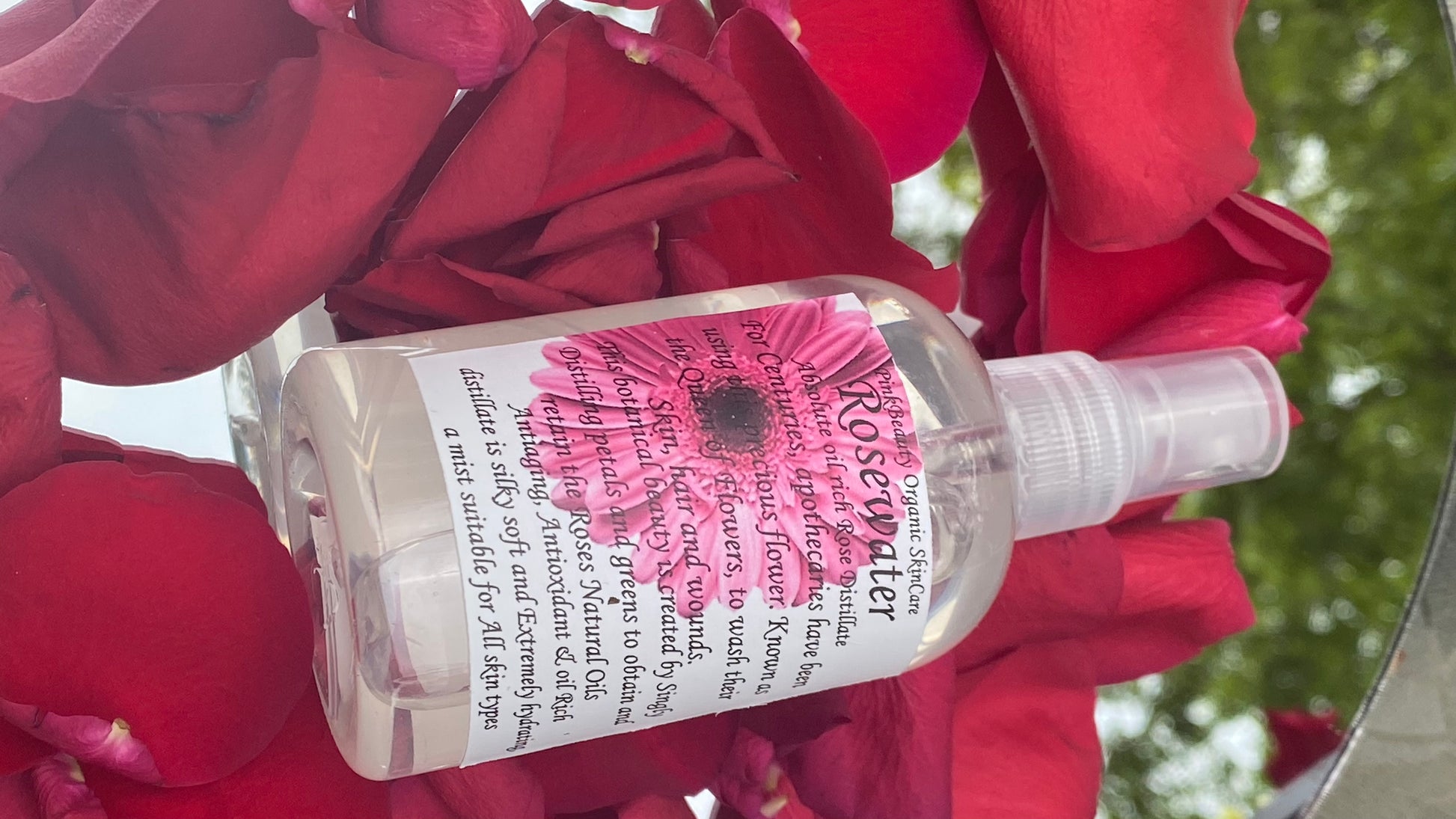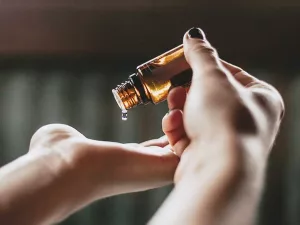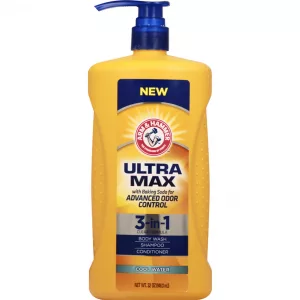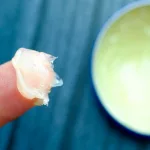Rose water truly serves as a natural facial toner.
It is derived from the Rosa damascena blossom, often called the Damask rose, produced by steam-distilling rose petals.
Although its popularity has surged recently, rose water has a history of use stretching back centuries.
This piece will examine the skin benefits of rose water, recommend products to consider, and outline other natural toners you might experiment with.

What is a toner?
A toner is a skincare product applied to the face and neck after cleansing.
Its role is to remove any lingering dirt and dead skin cells left behind post-cleanse. It also helps smooth and ready the skin for subsequent products like moisturizers and serums.
Board-certified dermatologist Dr. Tsippora Shainhouse, FAAD, notes that modern toners are quite different from older formulations.
Historically, toners were aimed at restoring the skin’s natural acidic pH and reducing oily shine. However, this often had unintended consequences.
“Alcohols can dehydrate the skin surface and actually prompt the skin to produce more oil in an attempt to ‘re-moisturize,’” she explains.
She adds that contemporary toners are frequently formulated to deliver targeted actives, such as salicylic acid for acne-prone skin or green tea and chamomile to calm sensitive skin.
Toners can also hydrate, reduce blackheads, and help rebalance skin pH. The skin’s optimal pH is about 5.5.
There are potential side effects with toners, typically when they contain high levels of alcohol. These can be very drying and irritating for people with dry or sensitive skin, says Dr. Rina Allawh, FAAD, a board-certified dermatologist.
Is rose water moisturizing?
Rose water offers considerable hydration to the skin.
Its antioxidant and antibacterial qualities support the skin barrier and reduce transdermal water loss.
Shainhouse points out that because of these effects, it’s unlikely to stimulate sebaceous glands to produce extra oil in response to over-drying.
Rose water is particularly hydrating when paired with other moisturizing ingredients like ceramides or glycerin.
“These components help hydrate the skin, protect the barrier, and prevent further water loss,” Allawh says.
Nevertheless, rose water should not replace your regular moisturizer.
What are the benefits of rose water?
Applying rose water offers multiple advantages for the skin, including:
1. It helps with certain skin conditions
Rose water possesses strong anti-inflammatory effects.
A study found that rose water helped reduce redness and irritation linked to rosacea, a condition characterized by facial redness, red bumps, and visible blood vessels.
Allawh notes that rose water may aid in managing mild acne, eczema, psoriasis, and dry, flaky facial skin.
It’s gentle enough for sensitive skin and can be used to soothe sunburned areas.
2. It has anti-aging benefits
Rose water contains notable amounts of vitamins A and C, commonly regarded as anti-aging nutrients.
Shainhouse says these vitamins help counteract oxidative damage and support collagen rebuilding in the skin.
Other perks include aiding the fading of hyperpigmentation and potentially reducing the appearance of fine lines and even stretch marks.
To avoid possible skin peeling from increased cell turnover, she suggests blending rose water with your usual moisturizer until your skin adjusts.
3. It’s rich in antioxidants
A major benefit of rose water is its antioxidant content, which helps shield skin from free radical damage.
One study showed that rose petal extract helped protect fibroblast cells from hydrogen peroxide (H2O2)-induced harm.
Another study found rose petal extract suppressed MAPK signaling, a pathway activated in response to cellular stressors.
4. It may aid medical conditions
Rose water has a history of helping heal scars, wounds, and cuts.
Historical sources note it was employed in traditional Iranian medicine as a diuretic to address various ailments.
Uses reportedly included fever relief, alleviating breast pain, and helping with menstrual-related issues.
Other toners
Rose water isn’t the only natural toner available for home use. Several alternatives exist, such as witch hazel and apple cider vinegar.
Witch hazel
Witch hazel has long been used to relieve skin problems linked to inflammation and irritation.
It also combats acne by acting as an astringent to dry out blemishes. If you want anti-aging benefits, it may slow skin aging thanks to its high polyphenol content.
Apple cider vinegar toner
Apple cider vinegar (ACV) is astringent due to its high tannin content. This is thought to cleanse the skin by removing dirt, dead cells, and other impurities.
ACV also has antibacterial qualities that might lower acne-causing bacteria on the skin.
Compared with rose water, ACV hasn’t been studied as extensively as a toner, though many users report positive results.
Interested in other natural toners? Common ingredients include:
- hibiscus
- green tea
- honey
- tea tree oil
Toners and skin types
Toners aren’t suitable for every skin type.
If your skin is sensitive, choose an alcohol- and fragrance-free toner. Highly astringent formulas will dry the skin, leaving it tight and irritated.
You might also experience stinging upon application. Instead, opt for soothing, hydrating components like rose water or aloe.
Astringent toners can benefit oily and acne-prone skin. Witch hazel, for example, is a solid pick for these types because it helps cleanse the skin of bacteria that may trigger breakouts.
For combination skin, you probably notice oiliness in specific facial zones.
In that case, choose a toner with salicylic acid; it clears excess oil in target areas without overdrying regions that need more moisture.
Products to consider
Rose water products are commonly available at beauty counters, natural food stores, and online retailers.
Popular items you might purchase include:
- Mario Badescu Facial Spray with Aloe, Herbs, and Rosewater
- Glossier Soothing Rosewater Face Mist
- Thayers Natural Remedies Witch Hazel Toner, Rose Petal
The bottom line
There’s a reason rose water has endured through the ages.
As a natural toner, it offers many skin advantages linked to its anti-inflammatory, antibacterial, and antioxidant effects.
It’s not the sole natural option available, so research which toner best suits your skin type. With healthy, glowing skin as the goal, a little extra care is worthwhile.

























Leave a Reply
You must be logged in to post a comment.